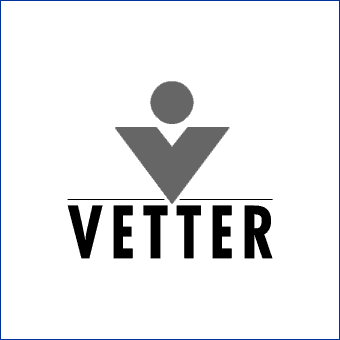Teva Pharmaceutical Industries rang in the New Year by announcing that Jeremy Levin, a former senior executive at Bristol-Myers Squibb, will succeed Shlomo Yanai as president and CEO of the Israeli drug giant.
Levin, who joined BMS in 2007, was responsible for strategy, alliances, and transactions there. He also logged time at Novartis as its global head of business development and strategic alliances. Prior to that, he took the ill-fated Cadus Pharmaceuticals public as CEO in 1996.
Levin, who was born in South Africa, has lived in the United States since 1986. He has also lived in Zimbabwe, Great Britain, Switzerland, and Israel. A graduate of Oxford and Cambridge universities, he says he has admired Teva for many years.
“Demographic trends and economic pressures in developed and emerging markets are intensifying the challenge to provide good medicines at affordable prices,” he says. “Teva, with its multiple platforms in generics, branded, and OTC drugs, is in an especially good position to meet this challenge.”
Yanai, a U.S.-educated veteran of the Israel Defense Forces, took Teva’s helm in March 2007. He embarked on a global expansion and diversification of the company, which was once primarily a generic drugmaker. Yanai says it was time for him to move on to “a new phase in his career” after five years at the company’s helm.
Teva expects to benefit from an “unprecedented” number of patent expirations on branded drugs and new product launches in 2012, during which the company expects to see rising earnings and sales, Yanai said in December. The company also says it plans to buy back up to $3 billion of its ordinary shares during the next three years.
Teva has some reason to be optimistic. With the acquisitions of generic drugmaker Ratiopharm in 2010 and the branded drug company Cephalon in May 2011, which came with its recently acquired Swiss generic company Mepha, it has effectively broadened its market reach, portfolio, and manufacturing capacity.
But despite the company’s confidence, it is also facing increased competition. Branded drug giants, such as Pfizer, are seeking to sell generic or over-the-counter versions of their own off-patent medicines while other major players, such as AstraZeneca and Sanofi, are moving to leverage their global brand recognition to sell generic medicines in the same emerging markets where Teva is seeking new customers.
The more than $9 billion in branded revenues Yanai says the company wants to see in 2015 seems attainable, assuming Teva can clinch the $8.2 billion in branded sales it predicts for 2012. Still, it would seem Levin has his work cut out for him.
January 06, 2012
http://www.burrillreport.com/article-teva_names_a_new_ceo.html




.gif)